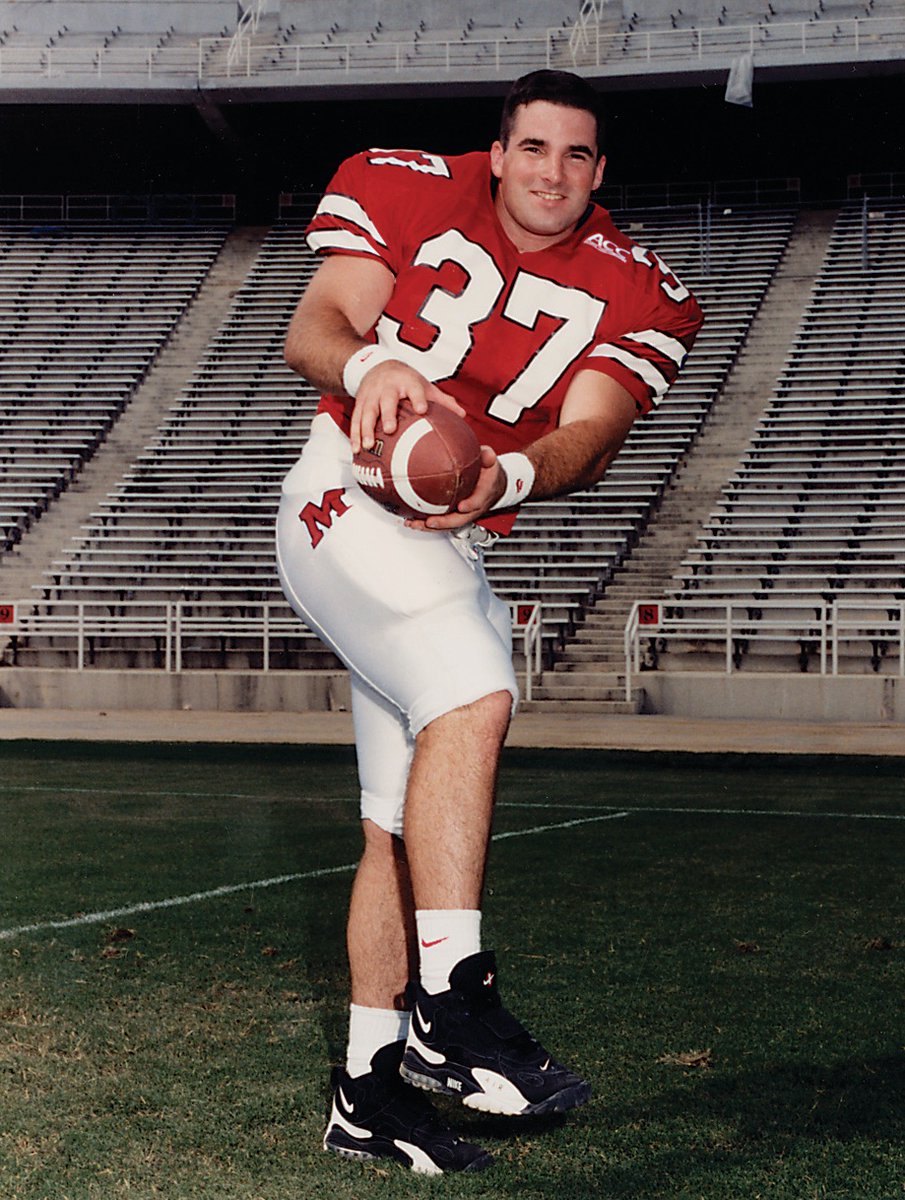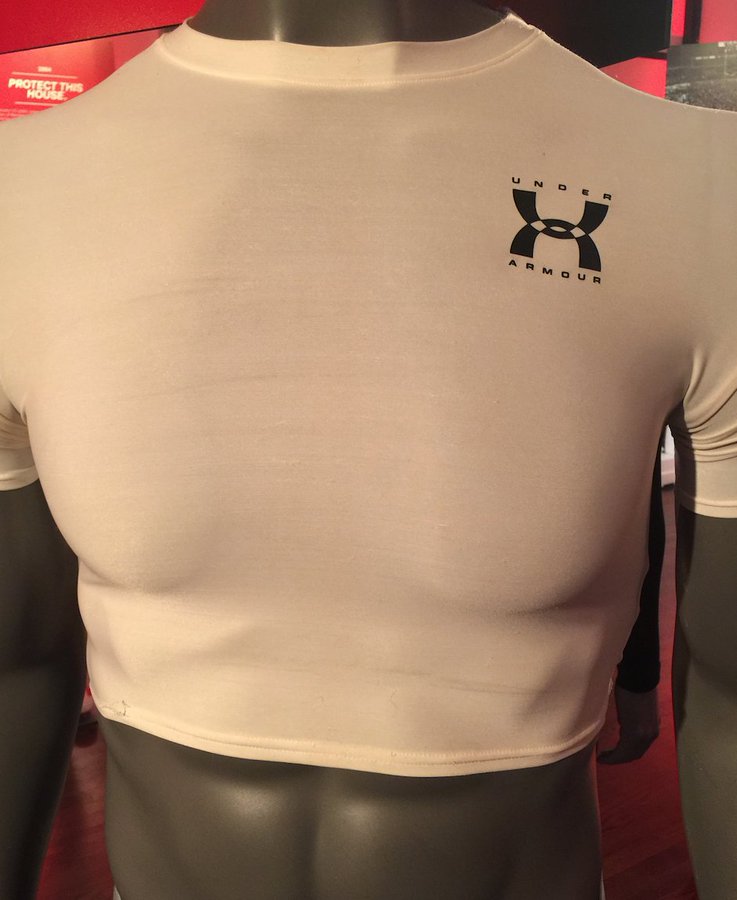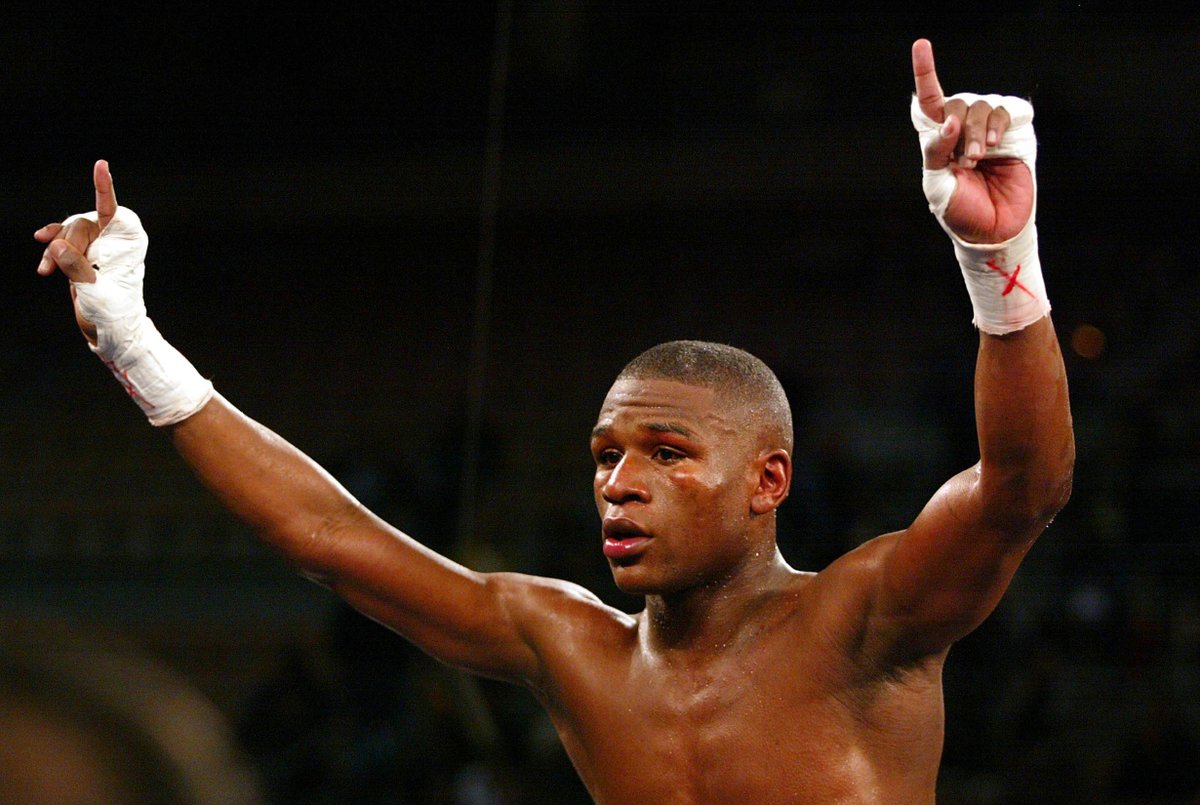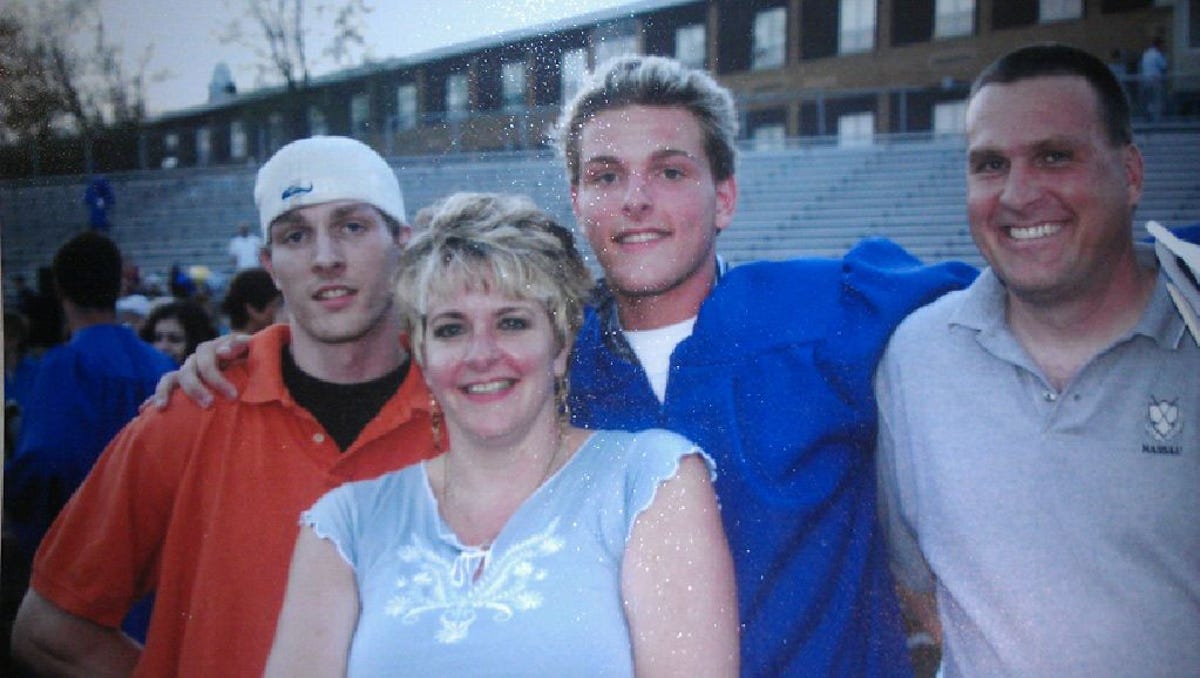
Kevin Plank is the founder of Under Armour and worth $2 billion today.
The part you didn't know?
He didn't have $2 to his name in 1996.
This is his wild story.
Time for a thread 👇👇👇
The part you didn't know?
He didn't have $2 to his name in 1996.
This is his wild story.
Time for a thread 👇👇👇
1) Let's start in 1996...
Kevin Plank, a University of Maryland football player, became frustrated by his cotton T-shirts' inability to keep him dry & comfortable during practice.
His idea?
A sweat-wicking t-shirt designed to keep athletes cool, dry, and comfortable.

Kevin Plank, a University of Maryland football player, became frustrated by his cotton T-shirts' inability to keep him dry & comfortable during practice.
His idea?
A sweat-wicking t-shirt designed to keep athletes cool, dry, and comfortable.


2) After graduating college, Kevin Plank used $15,000 in savings to start Under Armour.
He made the t-shirts in his grandmother's basement and drove his car up & down the east coast, selling $17,000 of inventory from the trunk of his car.
The only problem?
Expenses piled up…
He made the t-shirts in his grandmother's basement and drove his car up & down the east coast, selling $17,000 of inventory from the trunk of his car.
The only problem?
Expenses piled up…
3) In 1997, just one year into the business, Kevin Plank was in financial trouble.
— $6,000 in bills
— $3,400 in the bank
— 5 maxed-out credit cards
His solution?
A blackjack tournament in Atlantic City.
"The mindset of the entrepreneur is I’ve got to cover payroll.”
— $6,000 in bills
— $3,400 in the bank
— 5 maxed-out credit cards
His solution?
A blackjack tournament in Atlantic City.
"The mindset of the entrepreneur is I’ve got to cover payroll.”

4) Looking to double his last $3,500 to keep his business afloat, Kevin Plank entered a blackjack tournament in Atlantic City.
"$3k turned to $4k, then $5k turned to $6k, and I thought, let's go for $10k...Then boom, I lost it all.”
What happened next, he'll never forget.
"$3k turned to $4k, then $5k turned to $6k, and I thought, let's go for $10k...Then boom, I lost it all.”
What happened next, he'll never forget.
5) On his drive home from Atlantic City, with not a dollar to his name, Kevin Plank couldn't pay the $2 toll at the Delaware Memorial Bridge.
They took his license & wrote him a ticket.
Feeling it was the end, Plank broke down crying.
"It was the worst moment of my life.”
They took his license & wrote him a ticket.
Feeling it was the end, Plank broke down crying.
"It was the worst moment of my life.”
6) Kevin Plank stopped by his mom's house for dinner that night: "I told her everything was great, but deep down, I knew it was over."
On his way home, he stopped to check Under Armour's P.O. Box.
A $7,000 check from Georgia Tech had arrived.
Under Armour was alive, again.
On his way home, he stopped to check Under Armour's P.O. Box.
A $7,000 check from Georgia Tech had arrived.
Under Armour was alive, again.
7) Given a second chance, Plank promised to "wipe away the tears & find a way."
Here’s an example:
In 1999, UA supplied gear for "Any Given Sunday." When the movie promised exposure, Plank demanded they pay $40,000.
The lesson?
"Don’t ever, ever devalue your product. Ever."
Here’s an example:
In 1999, UA supplied gear for "Any Given Sunday." When the movie promised exposure, Plank demanded they pay $40,000.
The lesson?
"Don’t ever, ever devalue your product. Ever."

8) Here's another example:
In 2000, Kevin Plank asked Under Armour employees to forgo their paychecks for a few weeks so the brand could spend $25,000 on an advertisement in ESPN The Magazine.
It yielded $1M in sales, multiplied their revenue, and everyone was paid — a win-win.
In 2000, Kevin Plank asked Under Armour employees to forgo their paychecks for a few weeks so the brand could spend $25,000 on an advertisement in ESPN The Magazine.
It yielded $1M in sales, multiplied their revenue, and everyone was paid — a win-win.
9) Don't get me wrong, there have been mistakes along the way, but today, Under Armour is now a $10B company.
As for Kevin Plank himself, he went from not being able to afford a $2 toll in 1996 to a $2 billion net worth in 2021.
Now that's legendary.
As for Kevin Plank himself, he went from not being able to afford a $2 toll in 1996 to a $2 billion net worth in 2021.
Now that's legendary.

10) In the end, I love this story for one simple reason:
Entrepreneurship is a tough journey, full of the highest of highs and the lowest of lows, and just when you think it's all over, everything can change.
The secret to it all?
Not ever giving up.
Entrepreneurship is a tough journey, full of the highest of highs and the lowest of lows, and just when you think it's all over, everything can change.
The secret to it all?
Not ever giving up.
11) Enjoyed this thread?
You should follow me @JoePompliano.
I tweet interesting stories about the money and business behind sports every day.
You should follow me @JoePompliano.
I tweet interesting stories about the money and business behind sports every day.
12) Prefer a deeper dive than Twitter?
Make sure to sign up for my free daily newsletter, where I break down the most interesting sports business stories each morning.
Don't worry, it's free :)
Subscribe: readhuddleup.com
Make sure to sign up for my free daily newsletter, where I break down the most interesting sports business stories each morning.
Don't worry, it's free :)
Subscribe: readhuddleup.com
• • •
Missing some Tweet in this thread? You can try to
force a refresh










